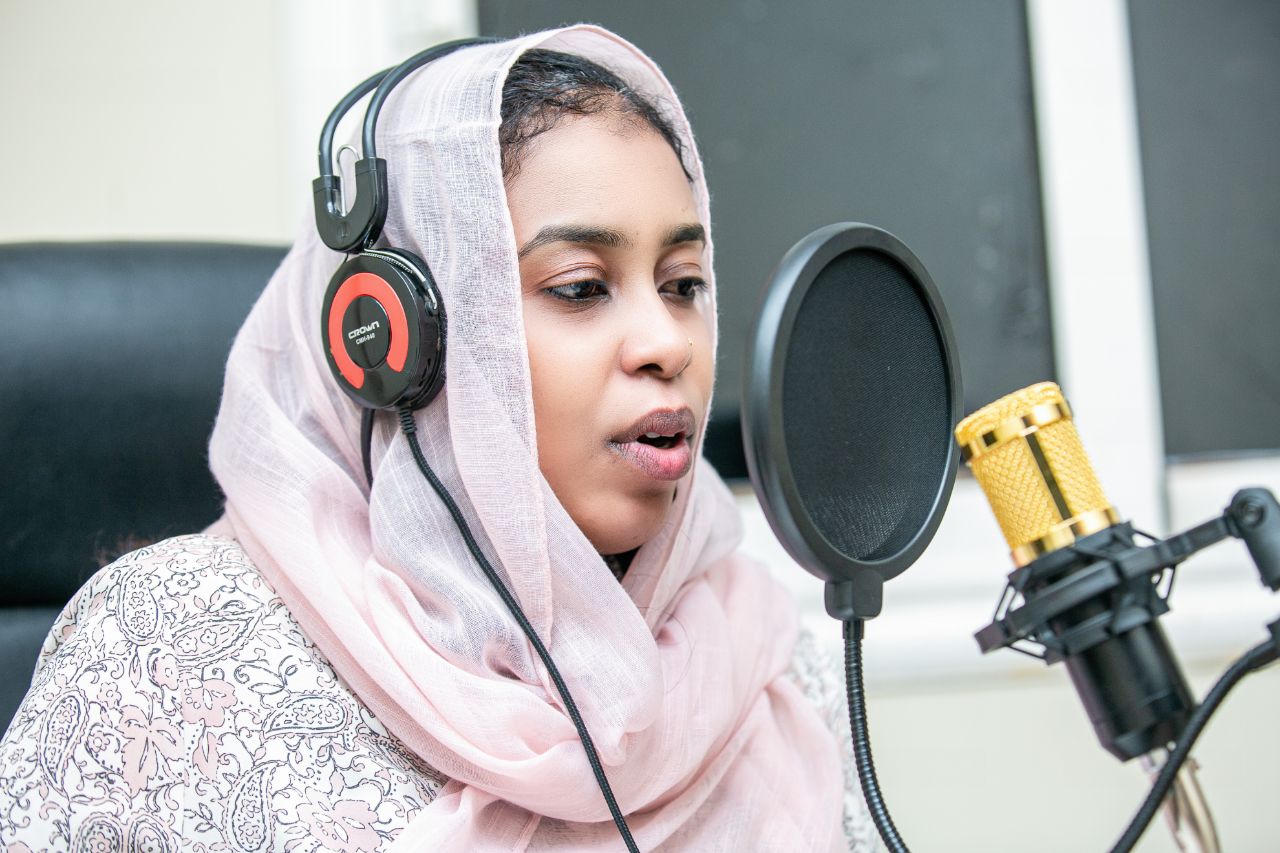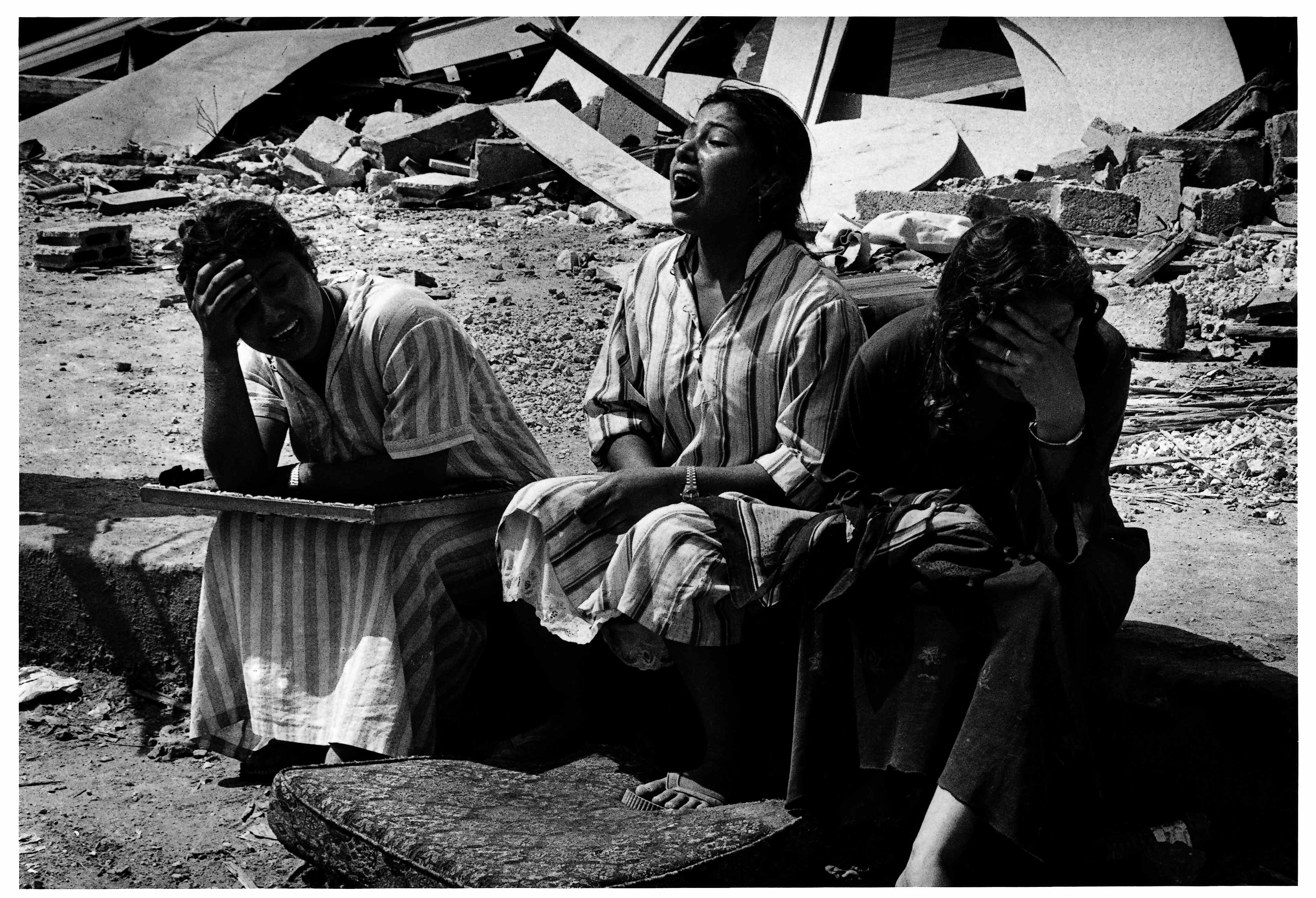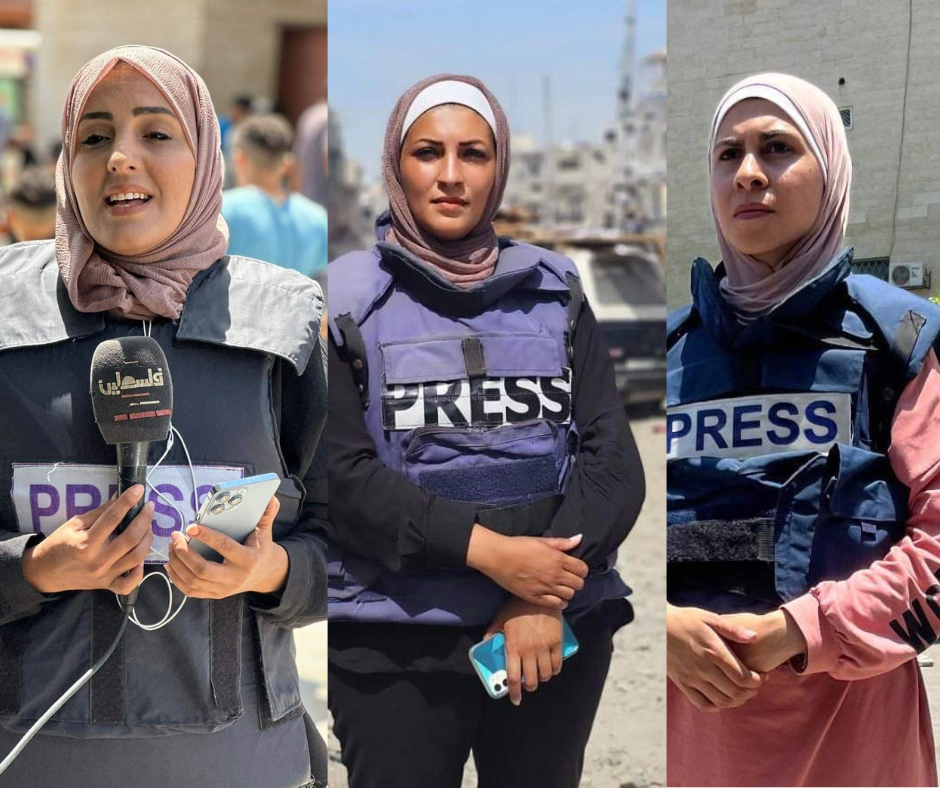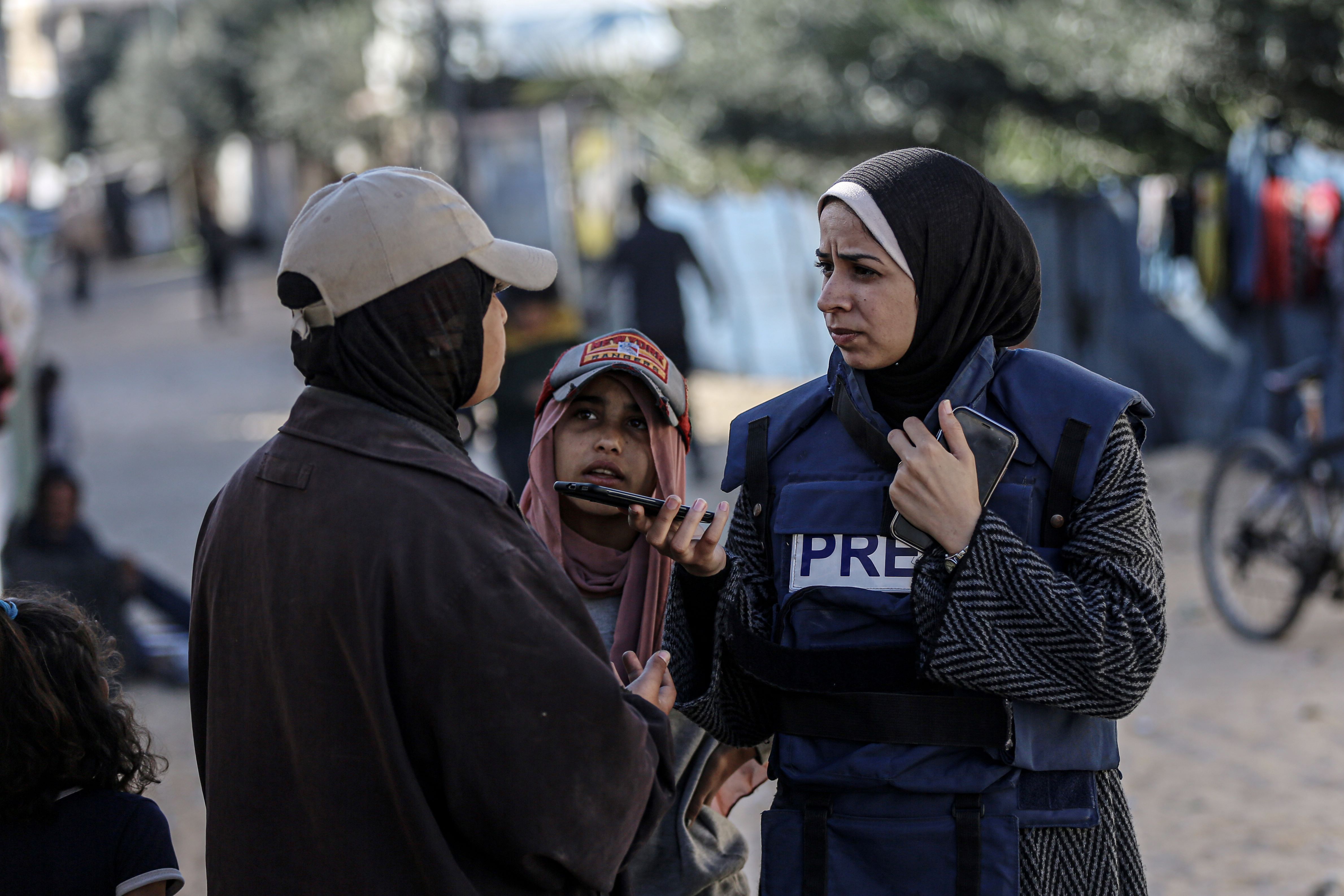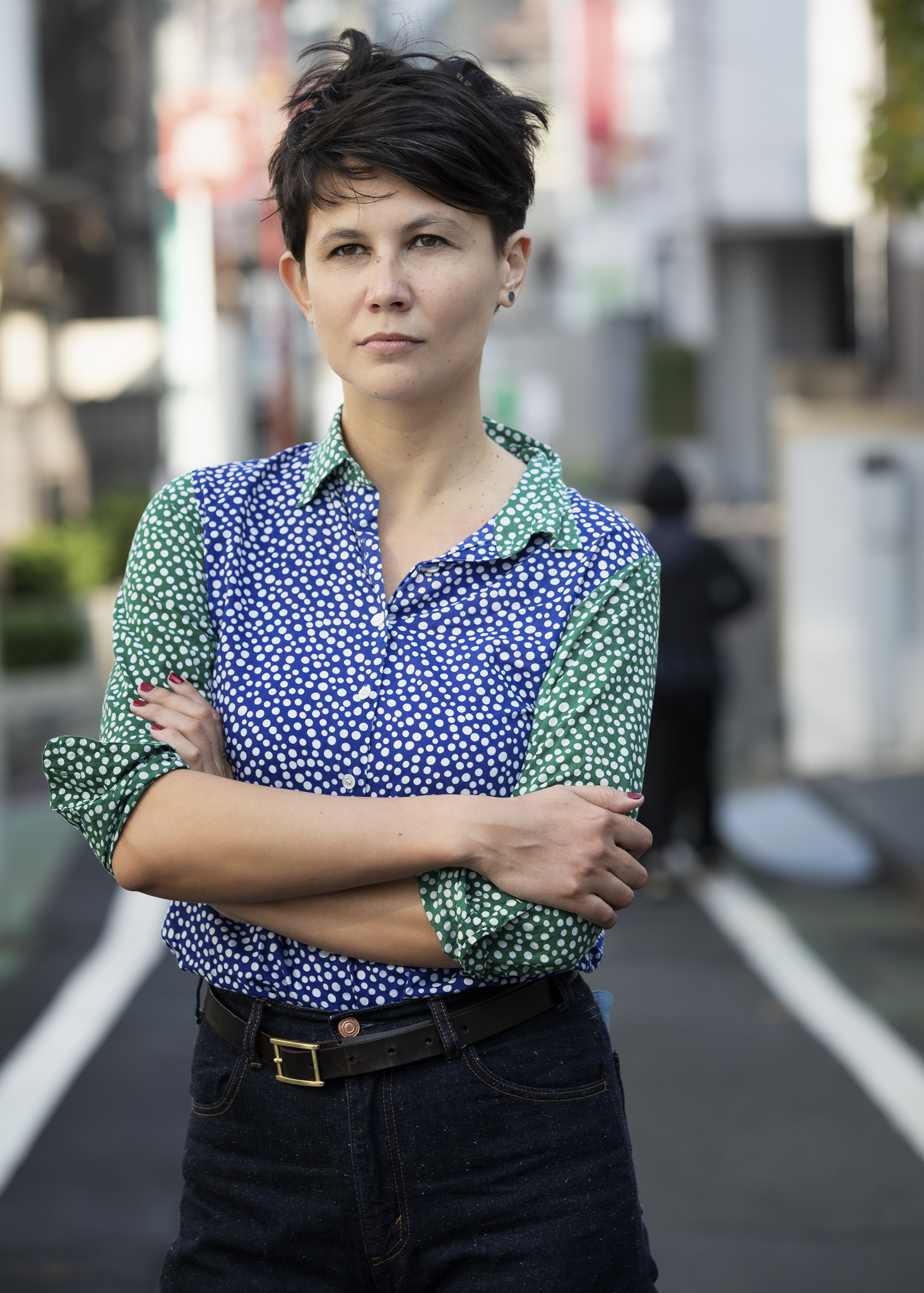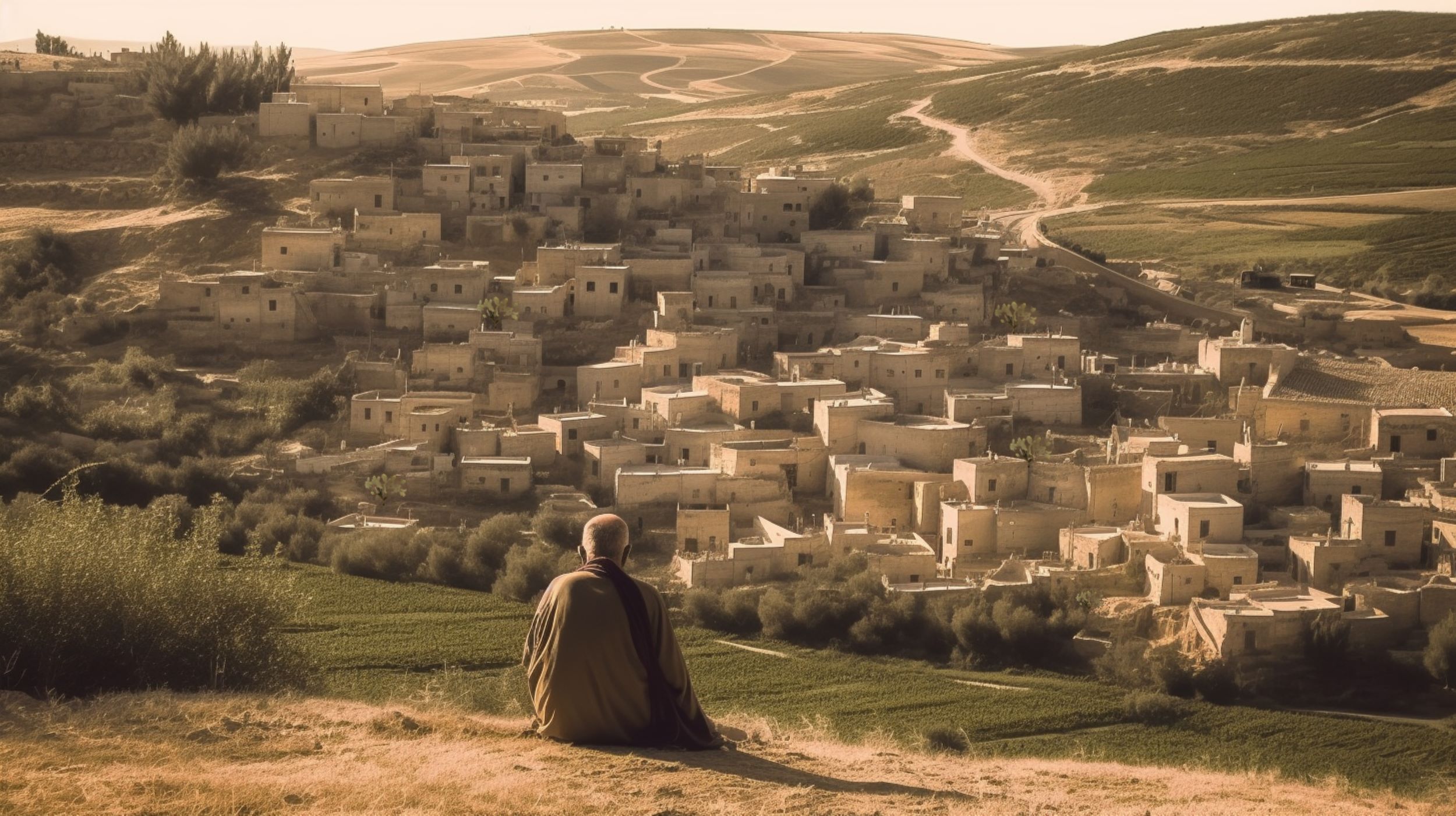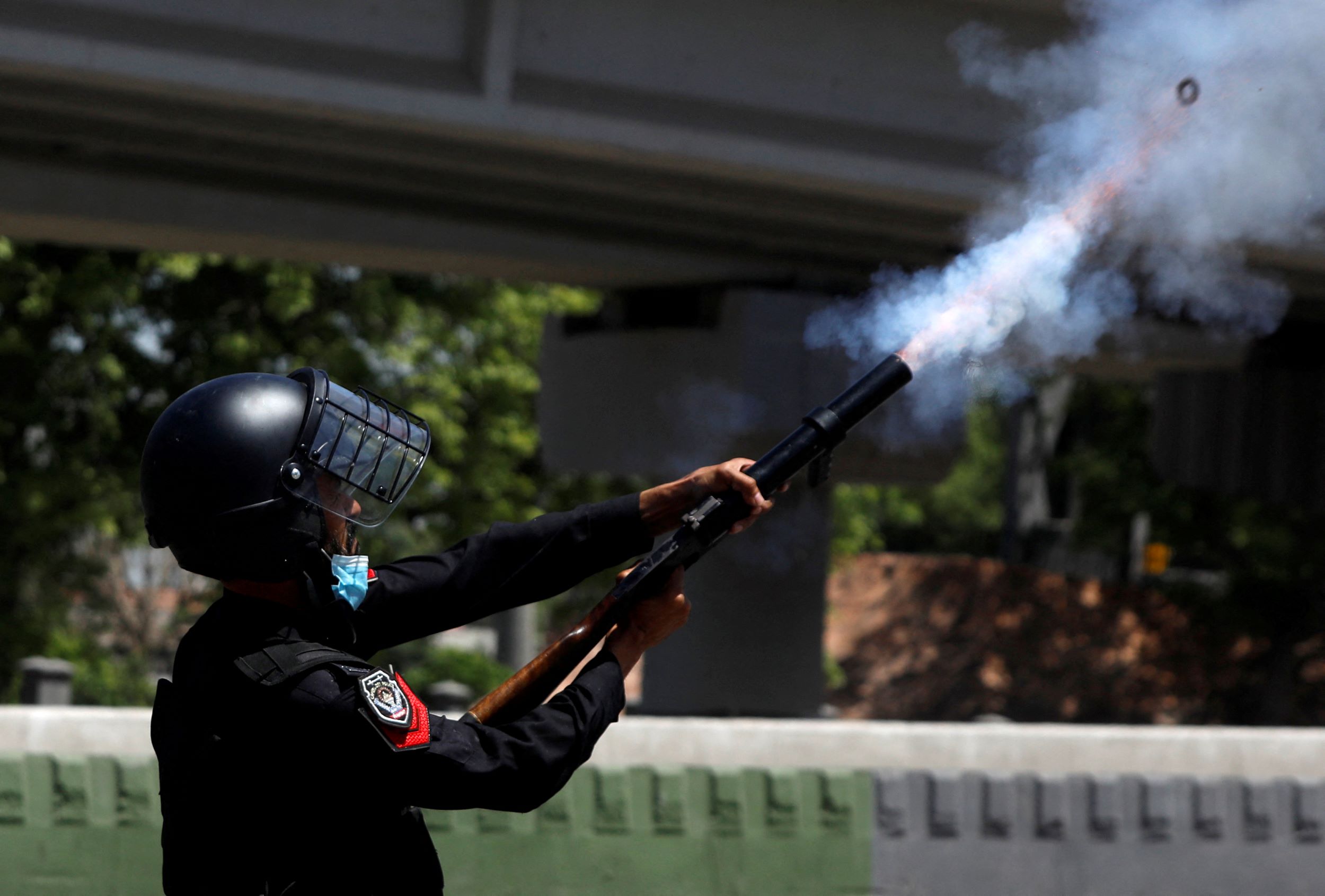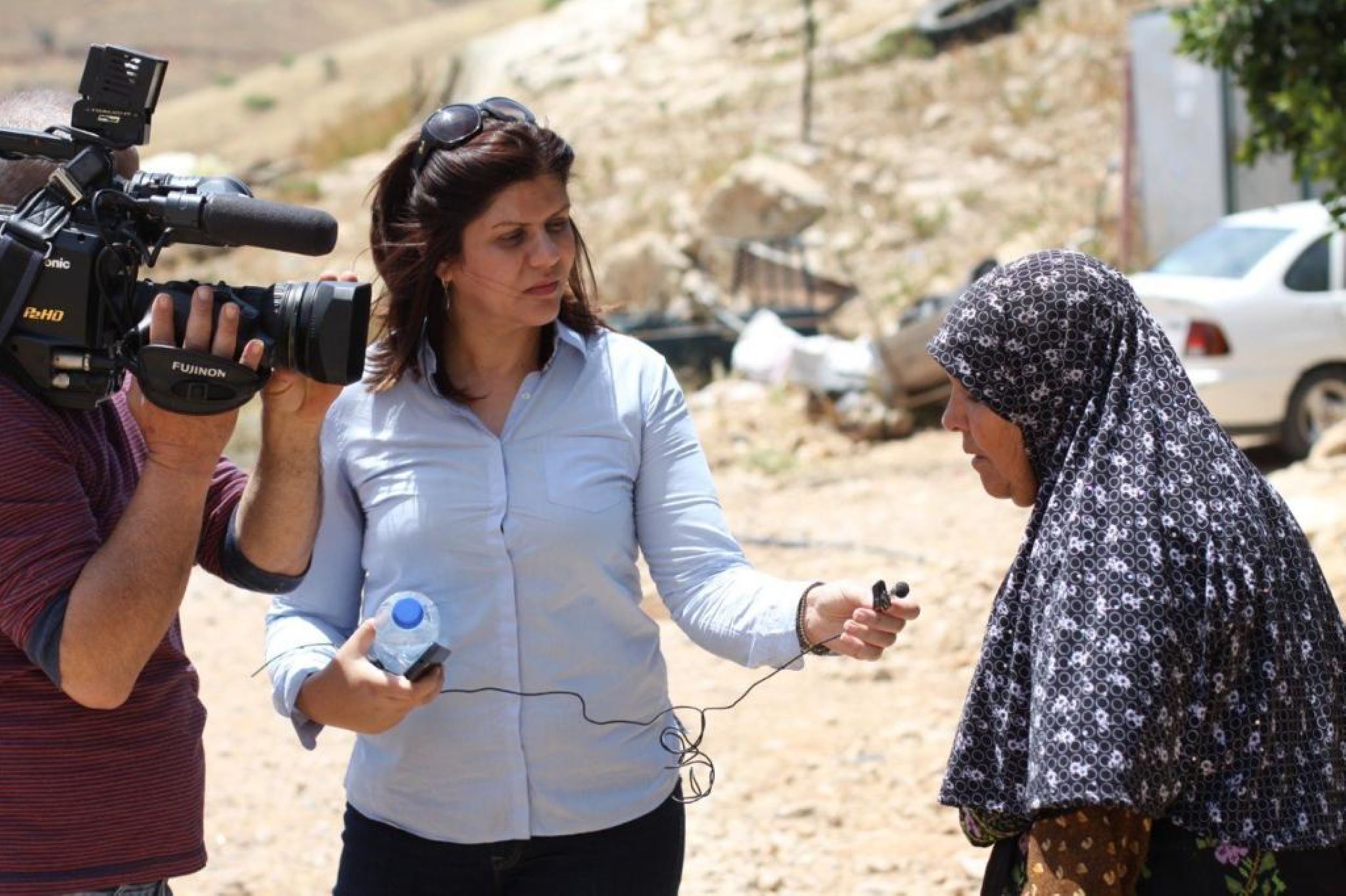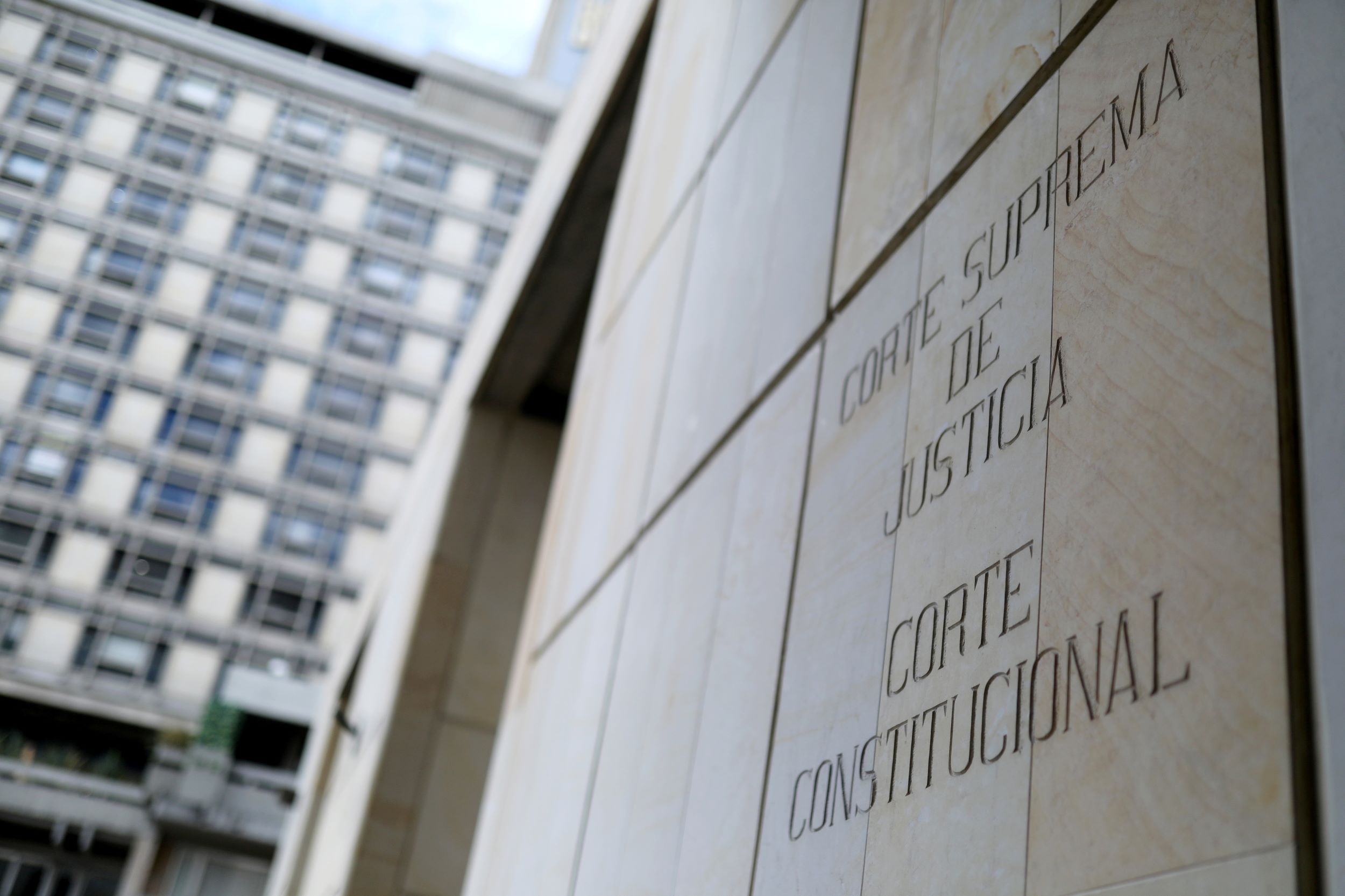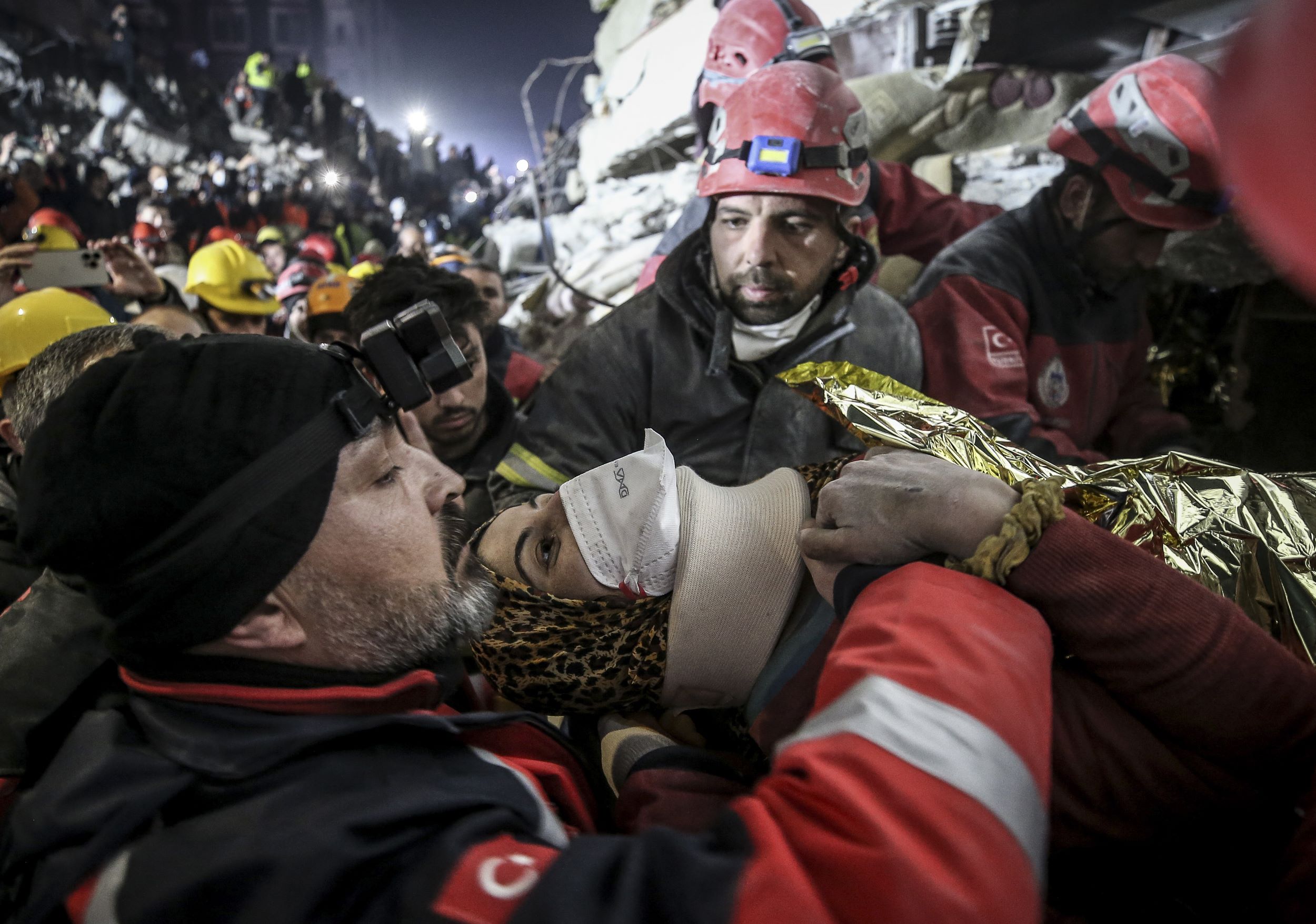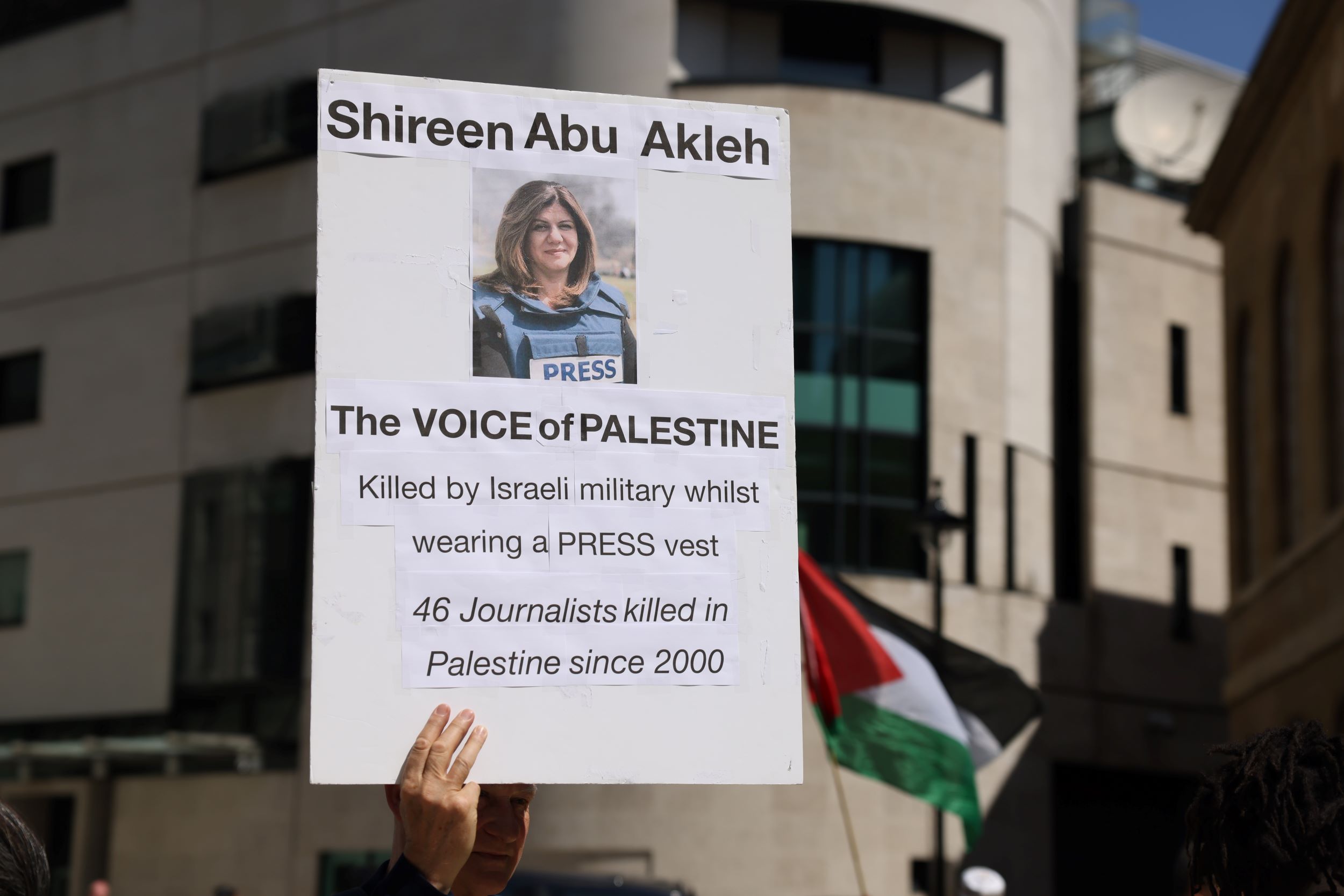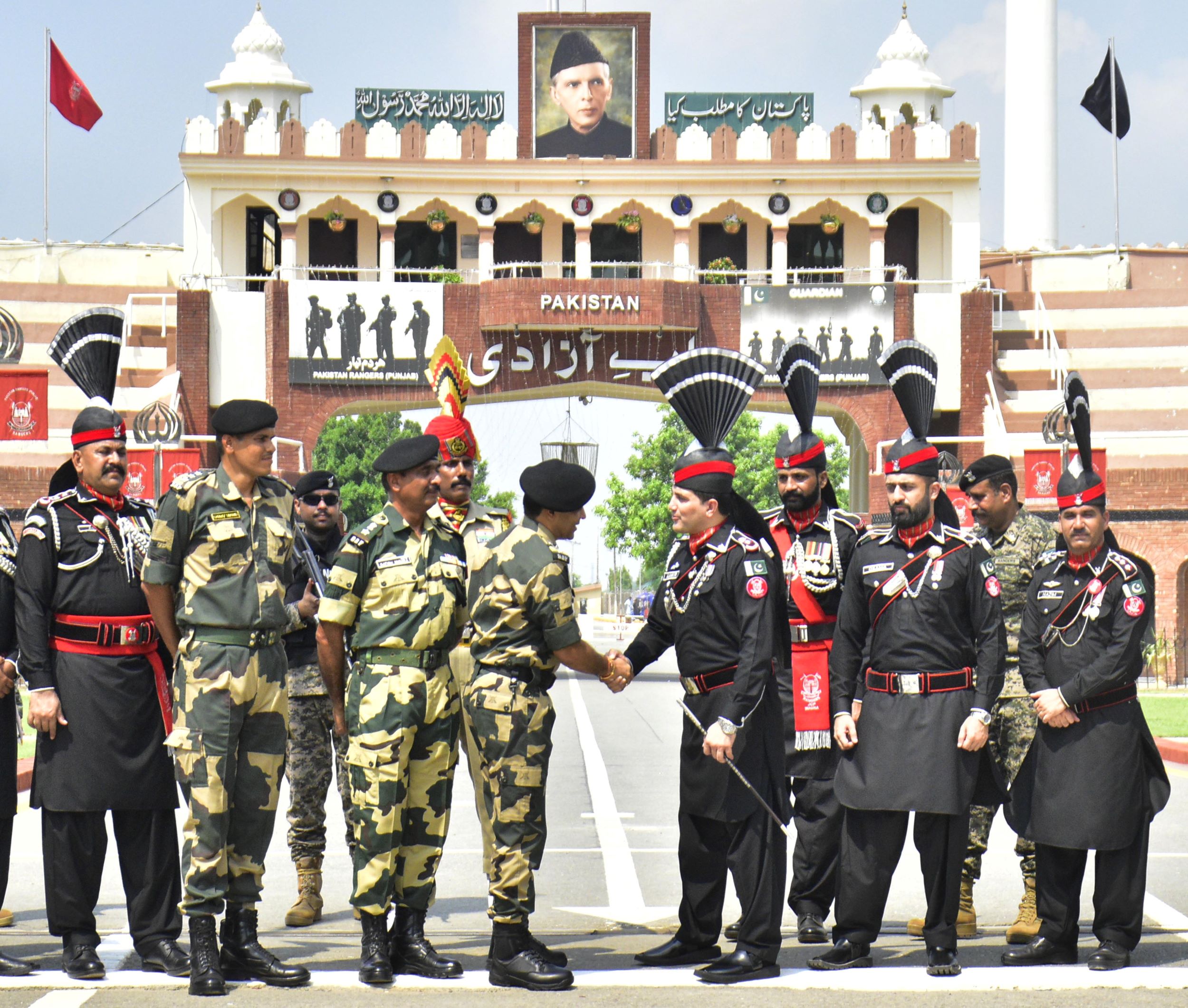هذا كتاب عن حال الصحافة الأميركية في ظل العصر الرقمي، انكساراتها وانتصاراتها، مؤلفته جيل أبرامسون، شاهدة على تلك الحال، وحاضرة في معارك عديدة في ذلك الشأن، بل كانت هدفا لبعض هذه المعارك. فقد شغلت منصب رئيس تحرير صحيفة نيويورك تايمز الشهيرة في الفترة من 2011 وحتى 2014 كأول امرأة تشغل هذا المنصب منذ صدور الصحيفة قبل 160 عاما.
يركّز هذا الكتاب عبر فصوله الثلاثة عشر على مسيرة أربع مؤسسات إعلامية أميركية خلال العقدين الماضيين، اللذين شهدا ما يمكن تسميته بالاضطراب الإعلامي، وهي الفترة التي بدأت بوصول ثورة الإنترنت، وشهدت انهيار نماذج الإعلام التقليدية، حيث لم تتمكن سوى قلة قليلة من المؤسسات الإعلامية التقليدية من إيجاد سبل للبقاء على قيد الحياة، ناهيك عن الازدهار.
وقد عايشت أبرامسون بدايات ذلك الاضطراب من خلال عملها رئيسة تحرير لنيويورك تايمز في الفترة المذكورة آنفا، وصولا إلى إقالتها من منصب رئاسة التحرير في عام 2014 في أعقاب معركة إدارية كان محورها الاستراتيجية الرقمية للصحيفة، وفي أعقاب ظهور مقالة في موقع بوليتيكو عام 2013 حملت عنوان Turbulence at The Times "الاضطرابات في التايمز".
تغريدة ترمب وحفل جوائز بوليتيزر
في الأيام الأولى لصدور الكتاب، غرد الرئيس الأميركي دونالد ترامب على حسابه في تويتر قائلا إن المؤلفة فضحت في كتابها تحيز نيويورك تايمز تجاهه، بيد أن المؤلفة ردت عليه بالقول "كل من يقرأ كتابي سيجد أنني أقدر نيويورك تايمز، وأثني على تغطيتها لكل ما يتعلق بك". كما رد عليه مغردون آخرون بالقول "سيدي الرئيس، القراءة شيء أساسي عليك أن تجربه، لأن الكثير من التلفزيون مضر بك".
تدلف بنا المؤلفة جيل أبرامسون إلى متن كتابها عبر مقدمة مطولة تنقل لنا فيها مشاهداتها من داخل حفل توزيع جوائز بوليتزر للتميز الصحفي للعام 2016، هذه الجائزة الشهيرة التي حصلت عليها نيويورك تايمز 117 مرة، وواشنطن بوست 47 مرة. وتحدثنا الكاتبة عن غياب شخصيات عن ذلك الحفل، كانت تسجل حضورا دائما في السنوات السابقة، مثل دونالد غراهام مالك صحيفة واشنطن بوست الذي أجرى تعديلات في الصحيفة قبل ثلاث سنوات، والذي كان مهموما بسبب عدم قدرة الصحيفة على تجاوز مشاكل تخفيض أعداد العاملين بها، وتلاشي مداخيل الإعلانات، مما اضطره في نهاية المطاف إلى بيع الصحيفة التي كانت تمتلكها عائلته منذ عام 1933 إلى جيف بيزوس أحد مليونيرات العصر الرقمي الذي أحدث فيها تعديلات شملت حتى ممراتها الصقيلة التي اختفت منها الصورة الشهيرة لصفحتها الأولى في أعقاب فضيحة نيكسون والتي حملت عنوانا من كلمتين هو "نيكسون يستقيل" لتحل مكانها شاشات عرض ضخمة تظهر بثا حيا لإحصاءات زوار موقع الصحيفة، إلى جانب شعار بيزوس الأشهر "عدم التطور مسألة خطيرة".
عصر القلق الصحفي
ومن بين ما رصدته المؤلفة في ذلك الحفل غياب من أسمتهم بالحرس الجديد، أصحاب المؤسسات الإعلامية الرقمية التي بدأت تستولي على المشهد، واستغلت غوغل وفيسبوك لكي تبني لنفسها قاعدة ضخمة من الجمهور الشاب. وبالرغم من أن هذه المؤسسات الجديدة لم تحصل على الكثير من الجوائز، إلا أن أسماء مثل (بزفيد) و(فايس) قد أصبحت منافسا شرسا للحرس القديم من المؤسسات الإعلامية.
وتصف المؤلفة ذلك الاحتفال بأنه "كان تمجيدا للعصر الذهبي للأداء الصحفي الأميركي" بيد أن المحتفين كانت تعتريهم حالة من القلق على مستقبل مؤسساتهم. وتشير إلى أن صناعة الصحافة الأميركية فقدت في العقد الماضي 60% من القوى العاملة كانت أجورهم تعادل 1،3 مليار دولار، وأن ذلك صاحبه تراجع في مستوى الأداء المهني، بسبب انخفاض عدد المؤسسات الصحفية وانخفاض القصص والموضوعات الصحفية المهمة التي كانت تأتي بجوائز مثل بوليتزر.
وترى المؤلفة أن ذلك الواقع أصبح يهدد حرية الناس وحقوق الجمهور في معرفة الحقيقة. وتضيف أن كل ذلك المجد الذي حققه الرواد الأوائل قد أصبح تحت مرمى النيران، فقد أصبح الكم هو المعيار حين حلت مقاييس النقرات وعدد مرات مشاهدة الصفحات والتعليقات مكان التأثير الحقيقي، مما قاد إلى انخفاض ثقة الجمهور في وسائل الإعلام، ورغم انتشار الأخبار في كل مكان أصبح من الصعوبة بمكان الحصول على معلومات ذات مصداقية.
زمن الآيفون
كما أشرت آنفا، فإن المؤلفة جيل أبرامسون تتناول في كتابها (تجار الحقيقة) قصة أربعة مؤسسات صحفية، اثنان من الرواد الأوائل في صناعة الأخبار هما نيويورك تايمز وواشنطن بوست اللتان كافحتا في لحظة التحولات التكنولوجية المزعجة للحفاظ على قيمهما الأساسية، وقادمان جدد هما (بزفيد) و( فايس).
وتتطرق أبرامسون إلى ما أصاب المؤسسات الصحفية التقليدية من آلام قاسية بسبب تراجع مداخيل التوزيع والإعلان الناتج عن تحول الجمهور نحو الحصول على الأخبار والمعلومات من الإنترنت.
وتقول المؤلفة إن حكاية كتابها تبدأ من العام 2007 الذي شهد بداية التحولات الكبرى في مجال صناعة الأخبار، ففيه ظهر الآيفون كجهاز ذكي، إلى جانب العديد من التطبيقات الخاصة بالأخبار والتي أصبحت الوسيلة الأولى للجمهور للحصول على الأخبار، وفيه تحول فيسبوك إلى الوسيلة الأشهر لتوزيع الأخبار. وفي هذا العام أيضا – بحسب المؤلفة- قرر موقع "فايس" استخدام الفيديوهات الإخبارية الرقمية، وظهر موقع "بزفيد" الذي أصبح وسيلة هامة من وسائل انتشار الأخبار.
في الجانب الآخر كان 2007 العام الذي بدأت فيه الكثير من الأشياء تتداعى بالنسبة لصحيفة نيويورك تايمز، فقد عانت من أزمة مالية بسبب تحولها إلى المبنى الجديد، حيث اضطرت معها إلى استدانة مبلغ 250 مليون دولار، وإلى تأجير العديد من طوابق المبنى الذي كانت تخطط لأن يصبح مقرا للإمبراطورية الجديدة للوسائط المتعددة. وبالنسبة لصحيفة واشنطن بوست، فقد عانت هي الأخرى من واقع مشابه لما عانته رفيقتها نيويورك تايمز.
عصر ترامب
تقول المؤلفة إنه وإزاء ذلك الواقع، بدأ الكثير من المهتمين بعالم صناعة الأخبار في الولايات المتحدة الأميركية يتساءلون عما إذا ما كانت نيويورك تايمز وواشنطن بوست اللتان تعتبران من ركائز مؤسسة الصحافة الأميركية، قادرتان على الصمود أمام معركة التحول الرقمي، إلى جانب الحفاظ على القيم التي عرفتها الصحافة الأميركية.
وتضيف أنه وفي عصر ترامب، يصبح مثل تلك الأسئلة مشروعا، بل يمكن أن تضاف إليها أسئلة أخرى من شاكلة؛ هل ما زالت المؤسسات الصحفية التقليدية المتعبة قادرة على أداء المهمة التي رسمها الآباء المؤسسون للصحافة الحرة؟ وهل تستطيع الجوائز اللامعة التي أصبحت تخصص لموضوعات التسلية أن تؤثر على دور هذه المؤسسات في أداء واجبها المتعلق بوظيفة إعلام الجمهور؟ هل نموذج العمل الجديد الذي قد يتعارض مع أهواء بعض الملاك، قادر على أن يدعم مبدأ الجودة في صناعة الأخبار؟ هل بالإمكان استعادة ثقة الجمهور في وسائل الإعلام بينما الرئيس ترامب يصفها يوميا تقريبا بأنها "أخبار زائفة"؟
وتعترف المؤلفة بأن تلك الأسئلة تشكل موضوعات هامة، وقد تستغرق الإجابة عليها وقتا طويلا، ولكنها حاولت ذلك من خلال العديد من فصول هذا الكتاب.
وتشير إلى أنها قد قضت عامين في العمل على هذا الكتاب والتقت بالعديد من الصحفيين والمحررين وأخصائيي التكنولوجيا في محاولة للبحث عن إجابة السؤال المؤرق وهو: هل ثمة مؤسسات صحفية تعنى بقضية جودة الأخبار والجوانب المهنية المتعلقة بصناعتها؟
ورغم إقرار المؤلفة بأنه لم يبق سوى عدد قليل من المؤسسات الصحفية التي تعنى بجودة صناعة الأخبار، إلا أنها ترى أن المؤسسات الأربعة التي تناولتها في كتابها وهي: نيويورك تايمز، واشنطن بوست، بزفيد وفايس بإمكانها القيام بذلك الدور.
وترى المؤلفة أن نجاح بزفيد يوضح تأثير فيسبوك على الطريقة التي تنتشر بها المعلومات عبر الإنترنت، أما فايس فقد استطاعت عبر اعتمادها على الفيديو الرقمي وخدمات البث المباشر من أن تحل مكان التلفزيون التقليدي، وأن تكسب ولاء الجمهور الشاب الذي يعتمد على المشاهدة أكثر من اعتماده على القراءة.
وبالنسبة لصحيفة نيويورك، تايمز فهي تغطي مستوى شاملا من الموضوعات الصحفية ومن أماكن عديدة، وبشكل أعمق من أي مؤسسة إعلامية أخرى، وبالمقابل تعمل واشنطن بوست دائما على الحفاظ على مجدها وصورتها باعتبارها المؤسسة الإعلامية الأكثر اهتماما بقضايا السياسة الأميركية.
المؤلف: جيل أبرامسون
تاريخ الصدور: فبراير/ شباط 2019
دار النشر: سايمون آند شوستر
عدد الصفحات: 509







